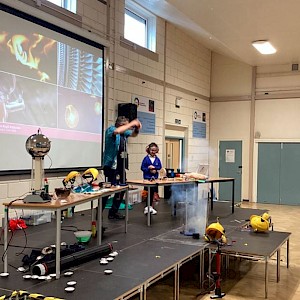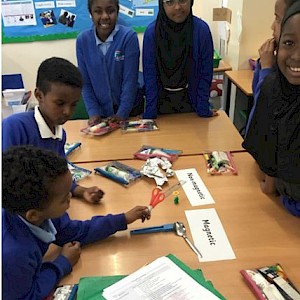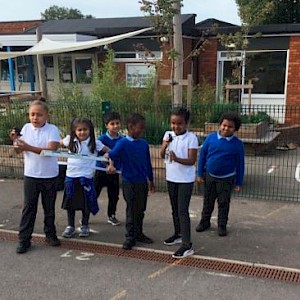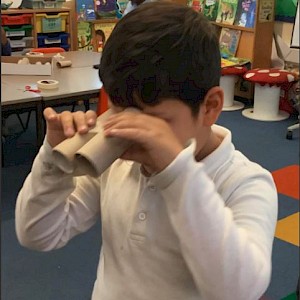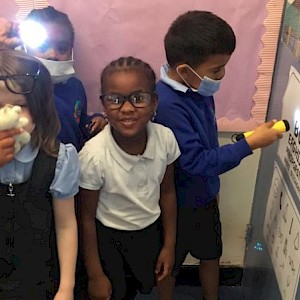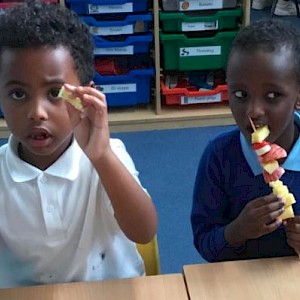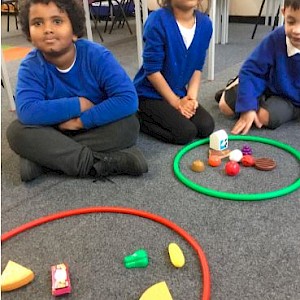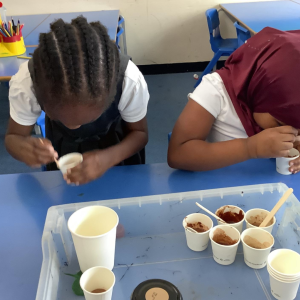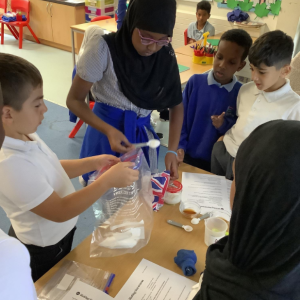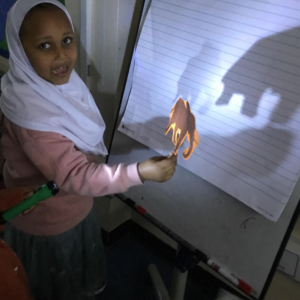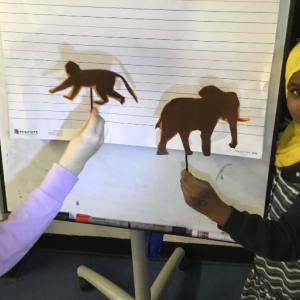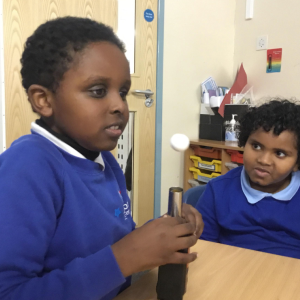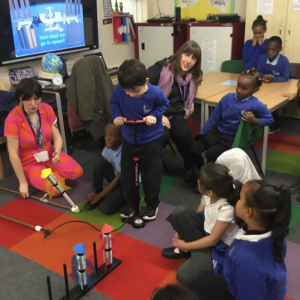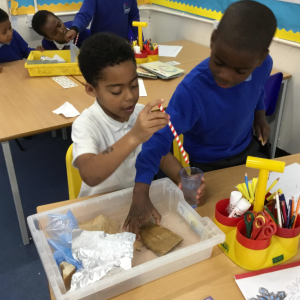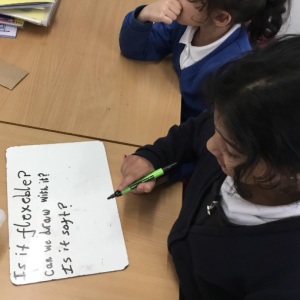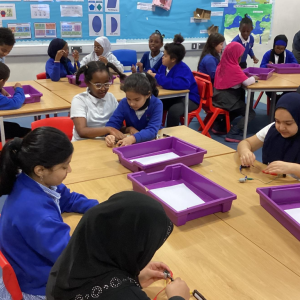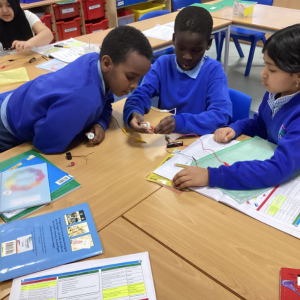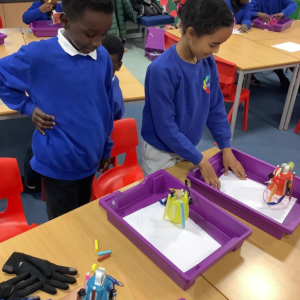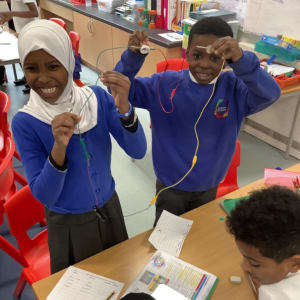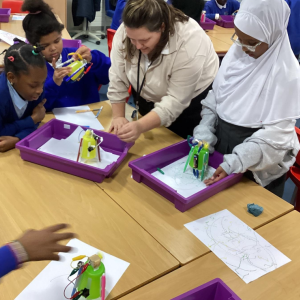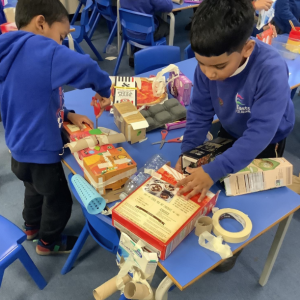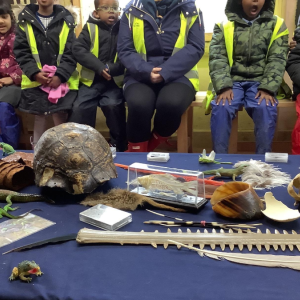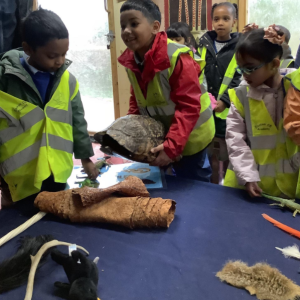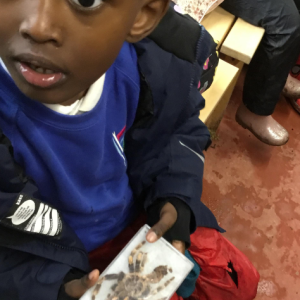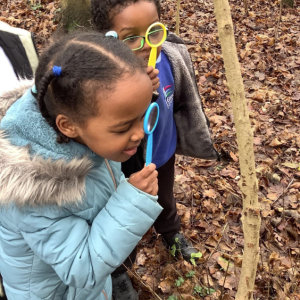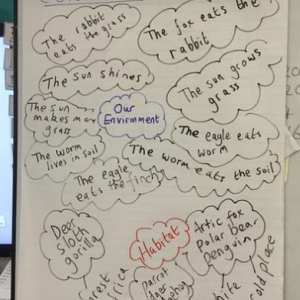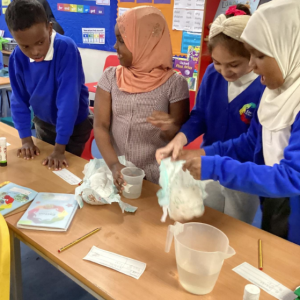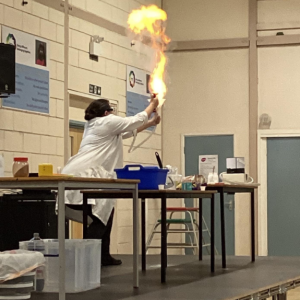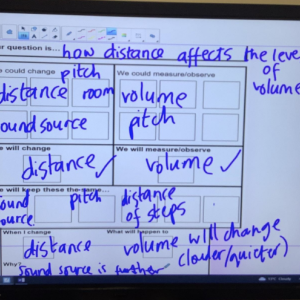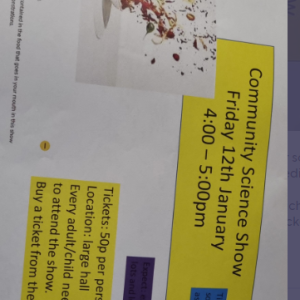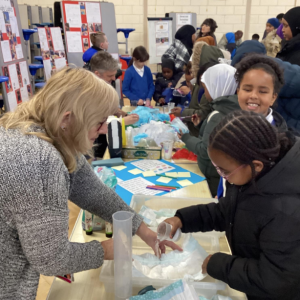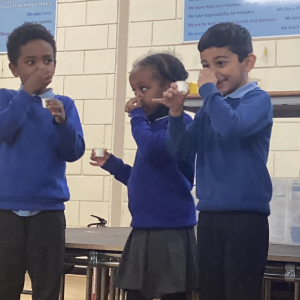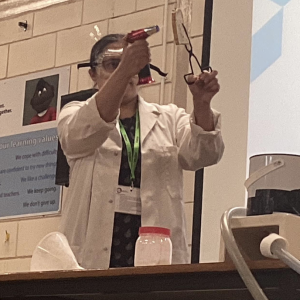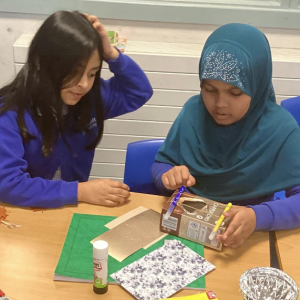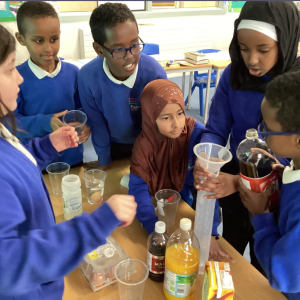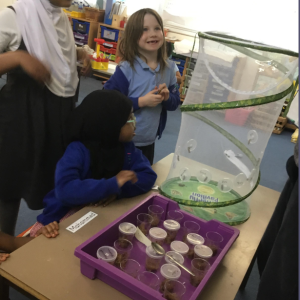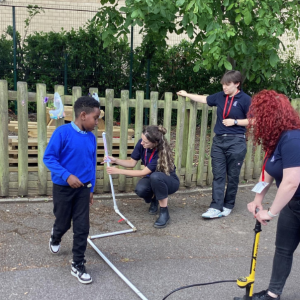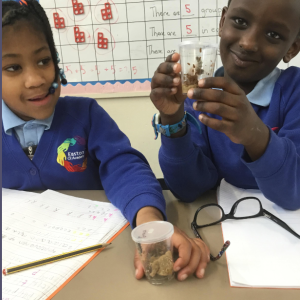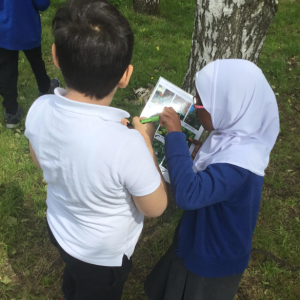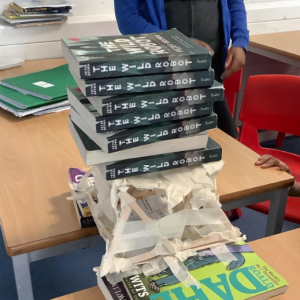Science at Easton
Science at Easton CE Academy
Intent
At Easton CE Academy, we want our children to be confident, curious and critical thinkers with the necessary knowledge and skills to make links, ask questions and understand their observations about the world around them. We want our science curriculum to effectively engage, inspire and challenge all children through experience in a range of different types of scientific enquiry. In our science lessons, we want our children to apply the scientific skills involved in ‘planning, doing and reviewing’ to answer scientifically relevant questions. We believe that this is the essence of what a scientist is and we are aiming for all our children to identify as scientists.
Implementation
To achieve this in our science lessons, we:
Provide daily opportunities for our children in the EYFS to develop their curiosity about and understanding of the natural world, ask questions and investigate to find answers. Children are encouraged and supported to express their ideas using appropriate scientific vocabulary through our focus on oracy, In the EYFS, children develop the key skills needed for transition to Year 1 such as: asking questions, making comparisons, finding patterns and explaining ideas.
Develop our children’s scientific vocabulary through explicit teaching, the use of knowledge organisers and daily oracy focused starters. Progression in vocabulary is mapped out in the school’s vocabulary progression document and includes Tier 2 and Tier 3 vocabulary. Children are encouraged to express ideas and ask question using appropriate vocabulary and grammatical structures.
Ensure progression in disciplinary knowledge with children ‘being scientists’ in every lesson. We use a working scientifically wheel to ensure a range of scientific enquiry skills are taught including asking questions, planning and setting up enquiries, observing and taking measurements, recording and interpreting data, reporting results and evaluating the effectiveness of investigations. Different types of scientific enquiry are taught in each year group so that children become familiar with how scientists answer questions and develop confidence and independence in this as they progress through the school.
Use assessment for learning prior to each topic through cold tasks to support teachers in addressing gaps in knowledge and common misconceptions. Assessment for learning within lessons is used by teachers to review and build of previous knowledge and provide effective support and challenge to all children. Hot tasks are used at the end of each topic as a form a summative assessment.
Review substantive knowledge using knowledge organisers, oracy starters and retrieval practice. This helps our children to remember what has been taught.
Aim to make real life links in science lessons through the careful planning of experiences and questioning.
Provide opportunities for our children to engage with science outside of lessons through trips, visits, community times, science shows and competitions.
Impact
We will know that our intent and implementation are embedded when:
Children identify as scientists and know when they are being one
Children can speak confidently about previous learning and make links across science units and other curriculum subjects
Children’s knowledge is cumulative and builds on prior learning
Children are able to plan simple scientific enquiries that can answer their own questions
